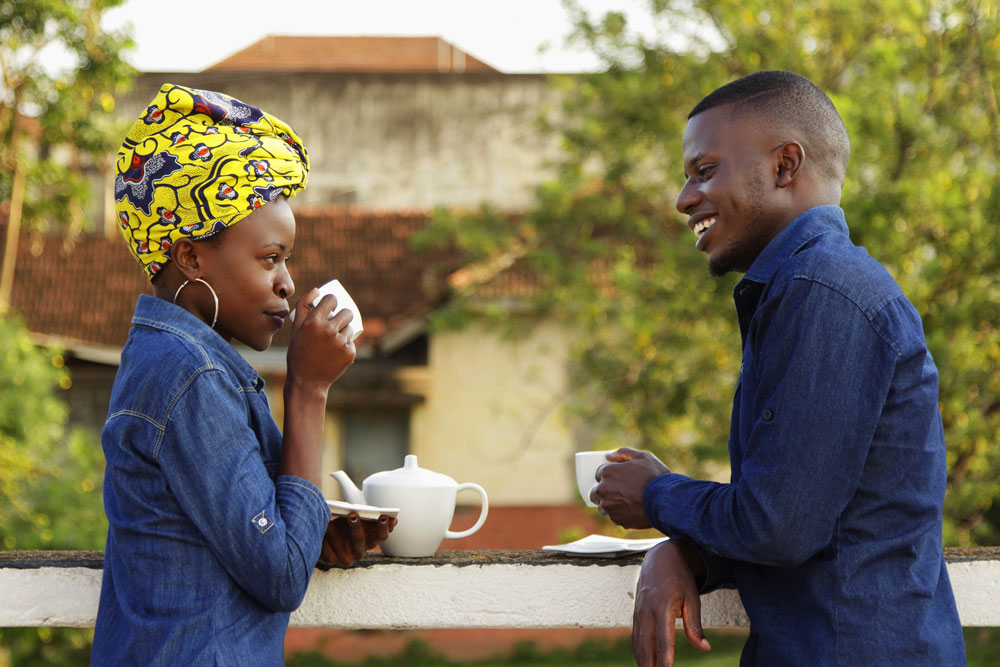The COVID-19 pandemic has exposed unsustainable systems and inequalities within all countries, affecting vulnerable groups the most. In Africa, the pandemic has disrupted agricultural value chains, which threatens food- and nutrition security and causes loss of income for rural communities. Young rural people, especially young women, are among the most vulnerable groups and are at high risk of disproportionately suffering the pandemic and its aftermath. The youth already face higher rates of unemployment and underemployment, and are overrepresented in the informal economy with casual work arrangements.
However, many young people are implementing innovative ideas to address the current food availability crisis, and it is evident that youth are acting fast and clever to cope with the effects of the pandemic. This was clearly showed during a recent webinar organized by The CGIAR Research Program on Climate Change, Agriculture and Food Security (CCAFS), 2SCALE, the Food and Agriculture Organization of the United Nations (UN-FAO), AgriProFocus, the Climate Smart Agriculture Youth Network (CSAYN), the Swedish International Agricultural Network Initiative (SIANI) and Practical Action.
The webinar explored how young people working in agribusiness are coping with the effects of the pandemic in the context of climate change, and gathered an online audience of 200 youth from different countries. Read the rundown on the main points of the discussions at the event. The engagement was high and it was not possible to respond to all the questions from the audience during the webinar. But we have collected the most pressing questions and asked the panelists to reply via email. Click on the questions below to see their responses.
